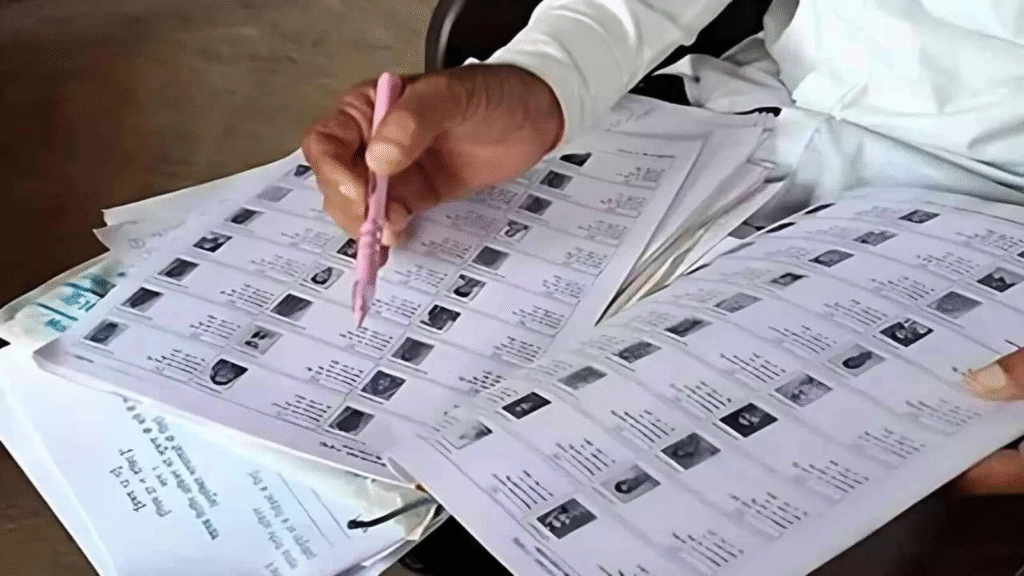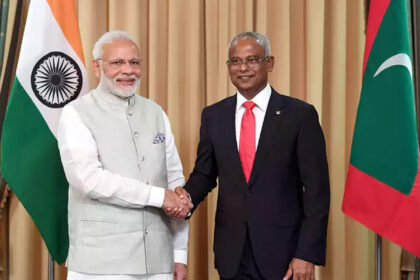In a landmark ruling, the Supreme Court of India has directed the Election Commission to accept Aadhaar cards as valid proof of identity for voter registration, especially in the ongoing Special Intensive Revision (SIR) of electoral rolls in Bihar. However, the Court made it clear that Aadhaar cannot be used as proof of citizenship.
The apex court has designated Aadhaar as the twelfth valid document for identity verification under the Representation of the People Act, 1950. While Aadhaar cards can be submitted as standalone documents for enrolling in voter lists, authorities are mandated to verify their authenticity thoroughly, similar to other accepted ID proofs.
The Court emphasized that citizenship must still be established independently, citing relevant laws that differentiate identity from citizenship. This sets a crucial legal precedent amid widespread concerns about voter exclusion during the Bihar revision process, where approximately three lakh electors faced scrutiny over their citizenship status.

The Election Commission is expected to issue formal guidelines ensuring Aadhaar’s proper inclusion as an ID proof nationwide, balancing ease of voter registration with electoral integrity and authenticity.
This ruling clarifies the legal boundaries of Aadhaar’s role in electoral processes, promoting transparency and inclusiveness while upholding constitutional mandates.
The Supreme Court of India has clarified that while Aadhaar cards will be accepted as a valid proof of identity for voter list enrollment, they cannot be used as conclusive evidence of citizenship. This ruling was delivered in the context of the Special Intensive Revision (SIR) of electoral rolls in Bihar ahead of the upcoming state assembly elections.
The Court stated that Aadhaar card should be treated as the 12th document in the list of acceptable proofs of identity under the Representation of the People Act, 1950. However, it reiterated that the legal status of Aadhaar, as defined by the Aadhaar Act, does not confer citizenship or domicile rights. This important distinction addresses ongoing concerns over the use of Aadhaar in election processes and citizenship verification.
Observing that the Election Commission of India (ECI) has the power and responsibility to verify voter identities, the Court refused to direct the commission to accept Aadhaar as proof of citizenship. The Court emphasized the need for due process and independent verification when determining citizenship for voter eligibility.
Senior advocates and petitioners had raised worries about large-scale voter exclusion during the SIR process due to document requirements. The Court’s directive to treat Aadhaar as identity proof aims to balance voter inclusion with the integrity of the electoral rolls.
The Supreme Court’s decision reinforces the legal framework surrounding Aadhaar’s role and clarifies its limitations, ensuring transparency and fairness in the voter registration process ahead of critical elections.







